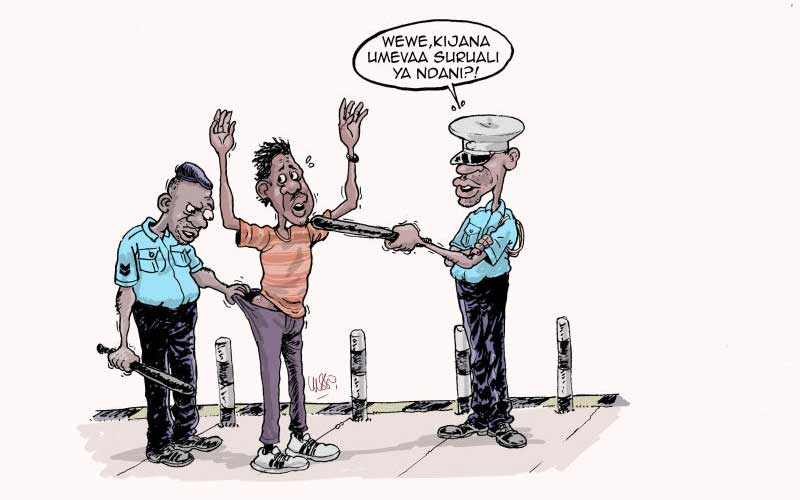×
The Standard e-Paper
Smart Minds Choose Us

The Kenya Police Service (KPS) has been in the news lately and not altogether for good reasons. The most recent incident, captured in a video clip, involved a confrontation between a motorist and some traffic officers. It ended with the motorist arrested after being violently restrained.